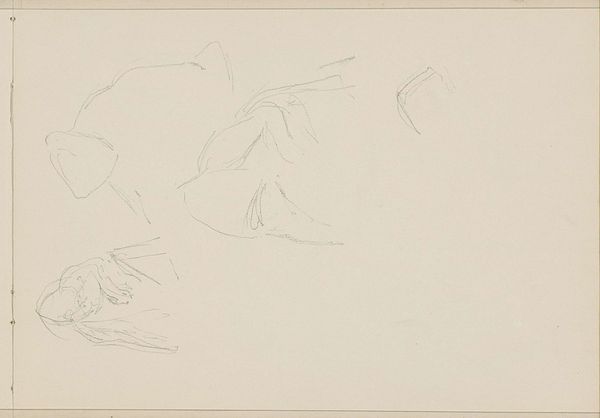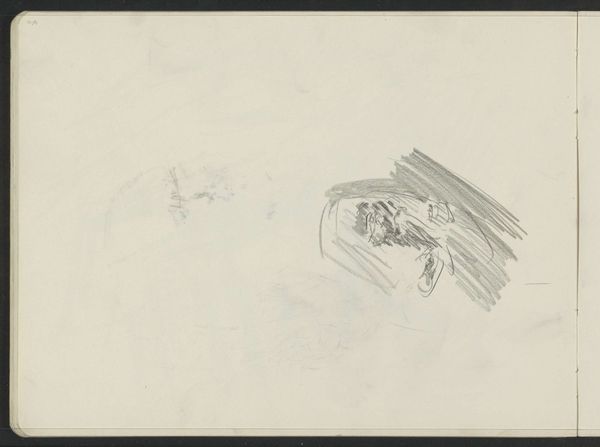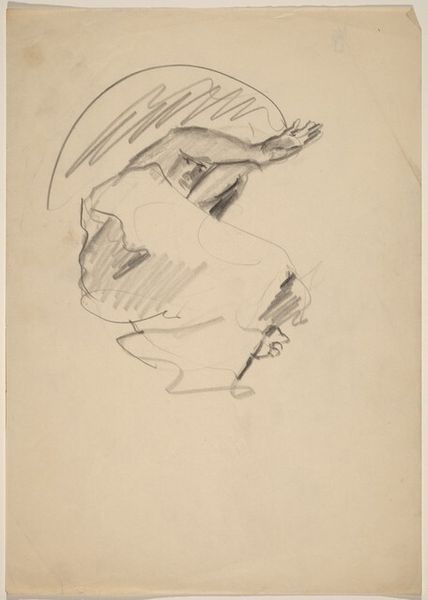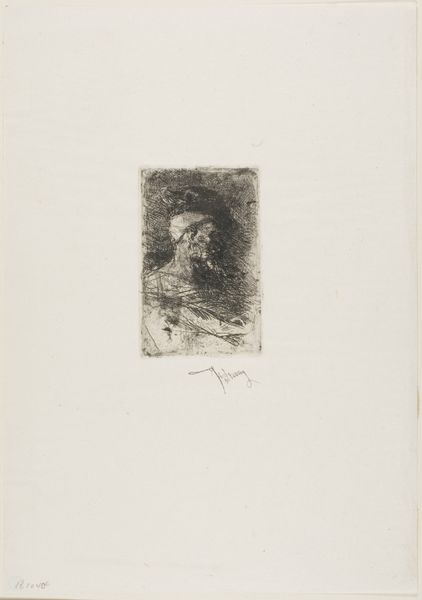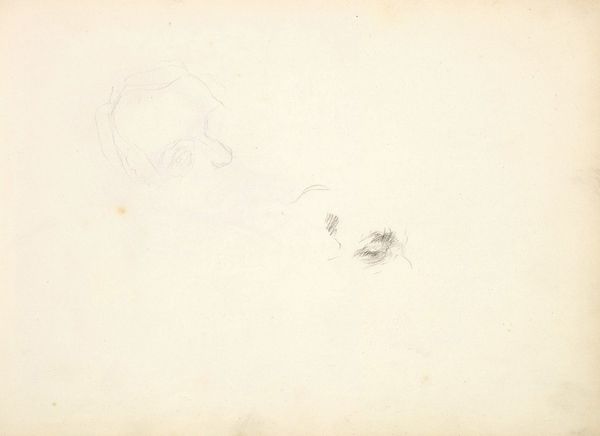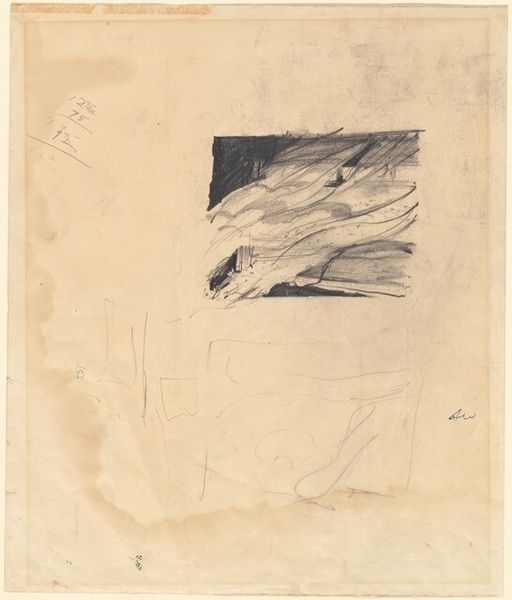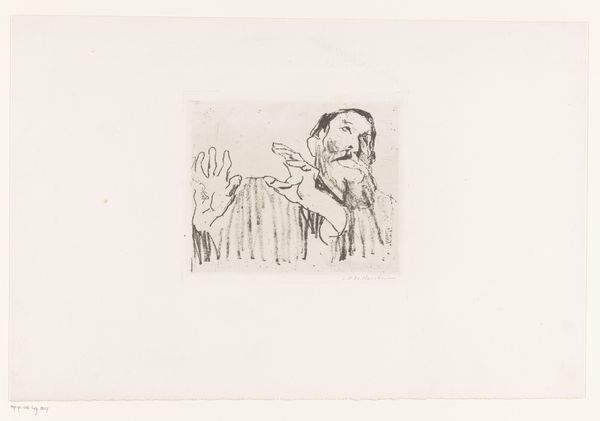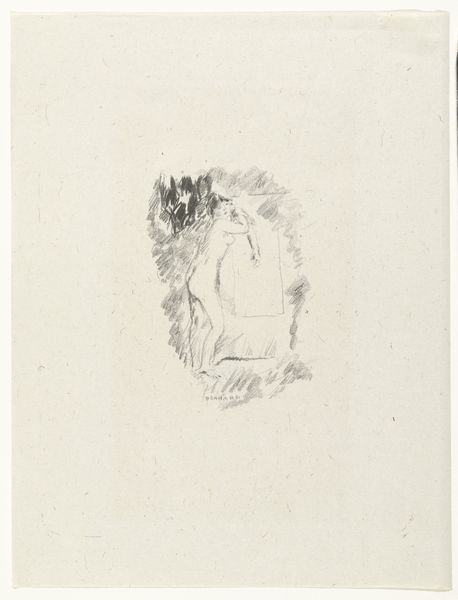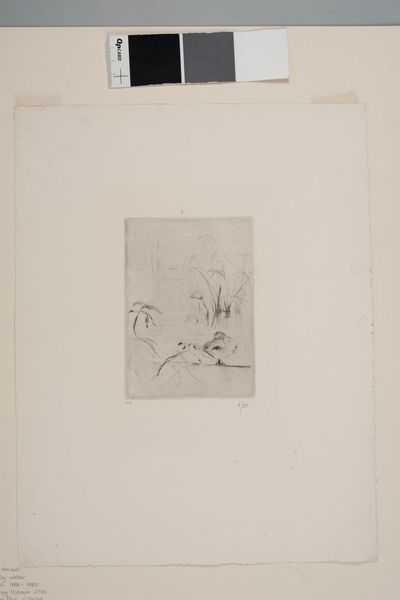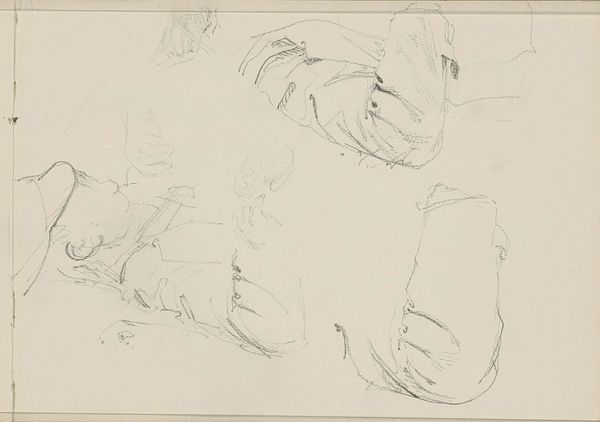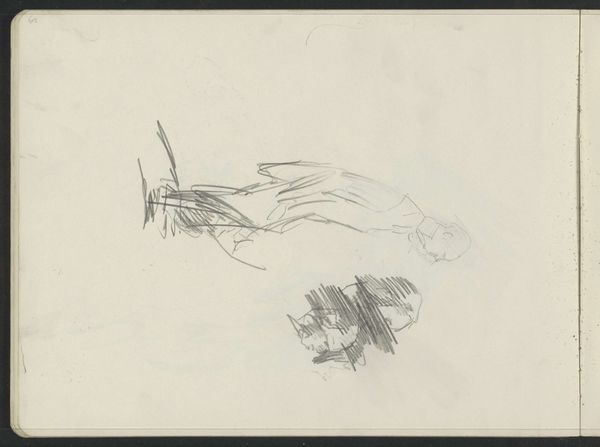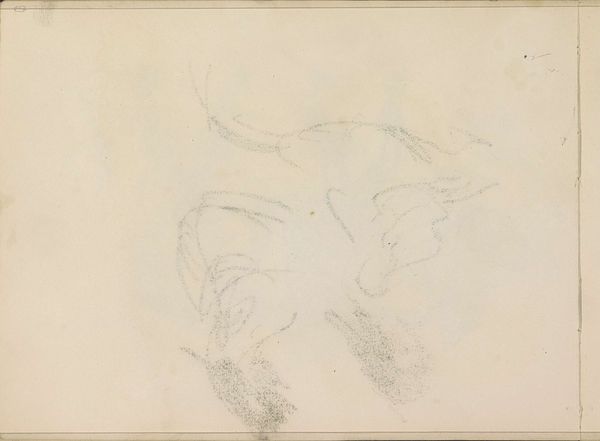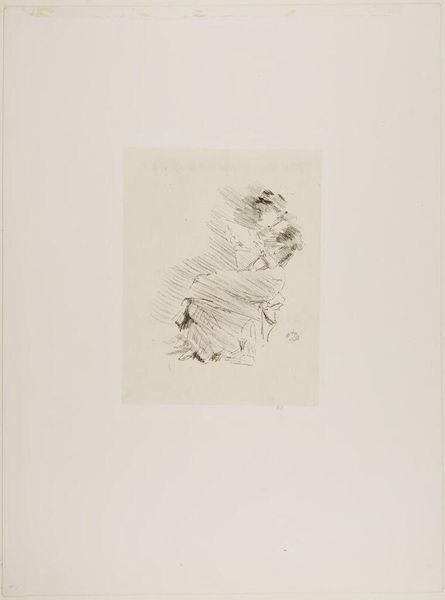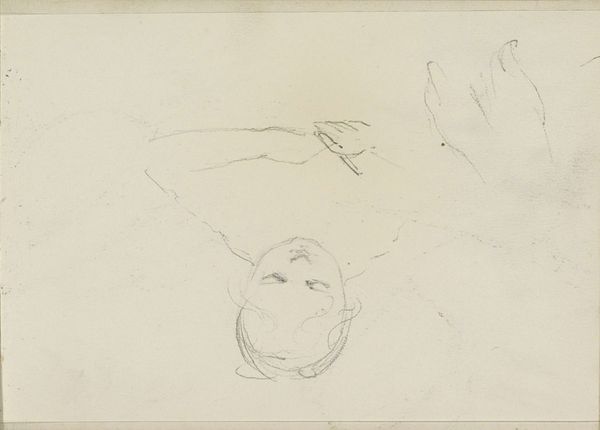![Face [trial proof 3/12 with pencil and ink additions] by Jasper Johns](/_next/image?url=https%3A%2F%2Fd2w8kbdekdi1gv.cloudfront.net%2FeyJidWNrZXQiOiAiYXJ0ZXJhLWltYWdlcy1idWNrZXQiLCAia2V5IjogImFydHdvcmtzLzRiZmY2OWY0LWRmYzctNDcxNS1hOTUxLWJmYjk2OTdjOGZlYy80YmZmNjlmNC1kZmM3LTQ3MTUtYTk1MS1iZmI5Njk3YzhmZWNfZnVsbC5qcGciLCAiZWRpdHMiOiB7InJlc2l6ZSI6IHsid2lkdGgiOiAxOTIwLCAiaGVpZ2h0IjogMTkyMCwgImZpdCI6ICJpbnNpZGUifX19&w=1920&q=75)
drawing, print, ink, graphite
#
portrait
#
pencil drawn
#
drawing
#
light pencil work
#
conceptual-art
# print
#
postmodernism
#
pencil sketch
#
old engraving style
#
personal sketchbook
#
ink
#
idea generation sketch
#
neo-dada
#
ink drawing experimentation
#
geometric
#
graphite
#
sketchbook drawing
#
pencil work
#
sketchbook art
Dimensions: plate: 41 × 55 cm (16 1/8 × 21 5/8 in.) sheet: 50.2 × 64.6 cm (19 3/4 × 25 7/16 in.)
Copyright: National Gallery of Art: CC0 1.0
Curator: This is Jasper Johns' "Face [trial proof 3/12 with pencil and ink additions]" from 1976, a compelling work employing drawing and printmaking techniques with ink and graphite on paper. Editor: Immediately striking is the ghostly quality – like a faded memory or a face emerging from shadows. The overlay of geometric shapes lends an almost architectural feel, framing and fragmenting the subject. Curator: The composition, divided into planes and layers, deconstructs traditional portraiture. Notice how the obscured marks become an exploration of form and process. The visible construction lines contribute to a raw aesthetic, challenging conventional notions of artistic finish. Editor: Considering its creation in 1976, a time of increasing scrutiny towards established power structures, could we not read this fracturing as a representation of the individual under societal pressures? The "face" becomes a site where identity is both asserted and erased. Curator: Intriguing proposition. Certainly, this deliberate fragmentation reflects the Postmodern interest in dismantling unified narratives. But I also see a profound investigation of visual language. The contrasts between the loose ink washes and precise pencil lines are central. They reveal Johns' careful consideration of material properties and mark-making. Editor: Perhaps the ambiguity is the point. Postmodernism's key objective was questioning conventional norms, a pursuit clearly present in Jasper John’s experimentation with identity politics, a challenge to monolithic historical or individual narratives, by rendering a familiar form unfamiliar and challenging our perceptions. Curator: Precisely. This "trial proof," with its imperfections, emphasizes process over product, highlighting the conceptual underpinnings of Johns' art. Editor: Indeed. In viewing this image, the overlapping geometric figures generate ideas and thoughts on a subject, yet, through their incompleteness and imperfection, highlight identity as a spectrum, not simply a single form. It's less about presenting a definitive statement and more about inciting introspection.
Comments
No comments
Be the first to comment and join the conversation on the ultimate creative platform.
